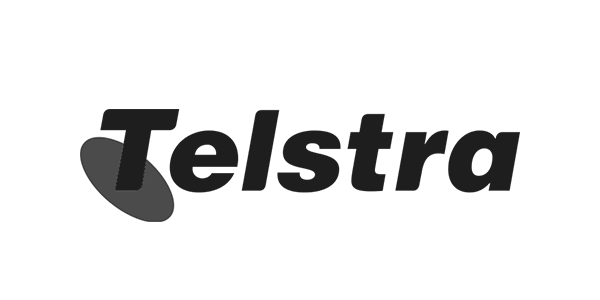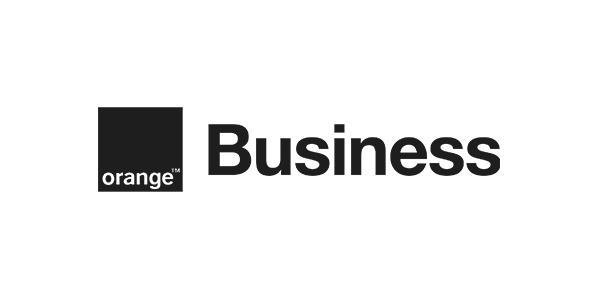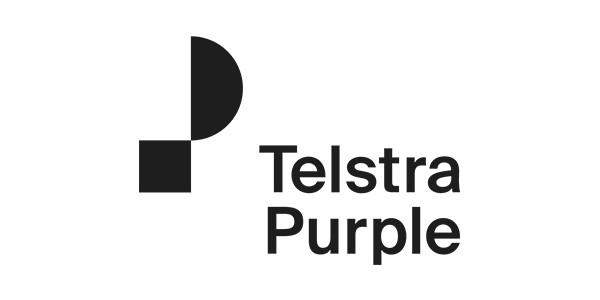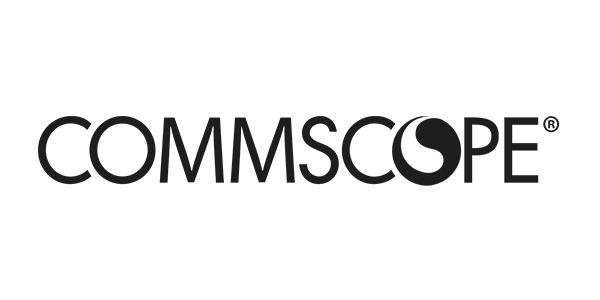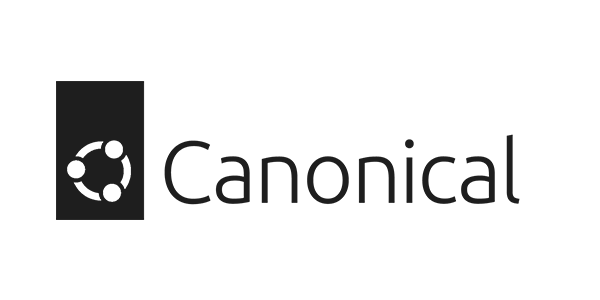Missing the target: have you gone overboard on customer segmentation?
B2B marketers typically want to segment their audience into vertical industries, grouping together clusters of companies that have similar pain points and desires, and which they can then feed with more more relevant content and offers. The segmentation can be even more surgical when personas, or job roles, are added: CMO, CIO, CTO, HR, engineer, head of BU and so on.
While the attraction of segmentation based on company size, market sector and buyer needs is clear, is it possible to over-segment and drill down too much? Would you be better off with more generalised marketing and longer-term brand building?
Is your market segmentation effective?
When market segmentation is done right – using data and expertise – it can be hugely beneficial to businesses, by identifying segments of customers who see your brand in different ways and get different benefits from your product or service.
However, segmentation is not always done right. Finding the cohesion and coordination needed between departments and executives to create effective segments that incorporate all a company’s data is not an easy task for any marketer, especially when according to The Content Marketing Institute just 37% of companies have a marketing strategy in place.
When segments are not created with both the involvement of someone who understands the data and the science, as well as the brand, the segments will end up overlapping and costing the company money. Segments need to be differentiated in a meaningful way and if they are not then they need to be collapsed together. This is especially true in B2B IT businesses as the audience will be made up of multiple key decision makers within a company. A common way around this is to segment audiences based on company size as this will influence their demands and the way they operate.
LEARN MORE: THE PROBLEM WITH SMALLER SEGMENTS AND MARKETING AUTOMATION
From there, segments become a lot more sophisticated and require greater investment but they also become more difficult for competitors to copy. Businesses can start to differentiate segments based on behaviours and needs but this only makes sense for businesses that have a reliable data set to start with and a large enough audience that they don’t end up excluding possible buyers by over-segmenting.
A lot of segmentation requires more time and resources to maintain and makes the testing and optimisation of campaigns difficult. If your campaign is split into smaller segments it becomes difficult to infer trends and analyse the data you get back, leading to less informed decisions in future campaigns – and ultimately fewer conversions.
Two masters
Marketing campaigns have become less effective than they used to be. We are constantly optimising and further whittling down our audiences in the hope of each campaign having a higher chance of converting, but this short term focus is not having the impact that brand building can.
Campaigns with the goals of immediate sales rather than building a brand generate better returns in the short term. This has been a driving factor in creating marketing segments, as bundling like-minded buyers into a small group increases the chances of getting a conversion and allows you to focus on creating BOFU content.
This all sounds well and good but when do marketers need to focus on long term growth over their short term gains? Long term brand building campaigns are targeted at mass audiences and are used to bring leads into the top of the sales funnel. B2B has a much longer sales cycle than B2C so measuring the results of mass marketing campaigns becomes difficult.
The difficulty in pulling together metrics for campaigns targeted at mass audiences is one of the reasons many businesses have steered away from this marketing strategy. It is often impossible to attribute a mass campaign with a final sale as the converted lead would have seen it a long time ago and have interacted with your brand multiple times since then.
Merkle conducted a study that examined loyalty with B2B businesses, and found customer acquisition can cost up to five times more than retaining existing customers, giving marketers another reason to focus on short term sales with leads they have already generated. However, mass marketing campaigns are worth running as they keep your brand healthy, expose you to new audiences, and bring in leads at the top of your funnel. They accrue impact over time and while it is difficult to plan for longevity from the outset it is clear that many mass campaigns continue to deliver returns years after spending on them has stopped.
Go short, go long
There are pros and cons to both targeted and mass targeting. There are often two types of marketing managers within businesses – one who focuses on short term and one who focuses on the long term. Neither will clearly outmatch the other.
A great marketing strategy will include a combination of marketing channels, targeting both smaller segments for short term revenue and mass markets to build a brand, that will have an effect years or even decades later. According to invespcro brands with multi-channel marketing strategies see an 89% retention rate, showing that combining marketing channels will give you the best ROI and create loyal customers.
B2B marketing needs to be the best of both worlds to see the greatest return. Focus on long and short, mass and targeted, digital and traditional to see your brand not only achieve short term goals (such as financial targets, product launches or highly targeted ABM campaigns) as well as long term goals (such as innovation and market share).
Author:

![Create the ideal white paper in eight weeks [infographic]](https://www.futuritymedia.com/wp-content/uploads/2020/02/Futurity-Whitepaper-Timeline-Graphic-v6-header.jpg)

![New to ABM? Follow these 5 steps to drive complex sales [UPDATED]](https://www.futuritymedia.com/wp-content/uploads/2023/04/shutterstock_1225782988.jpg)




